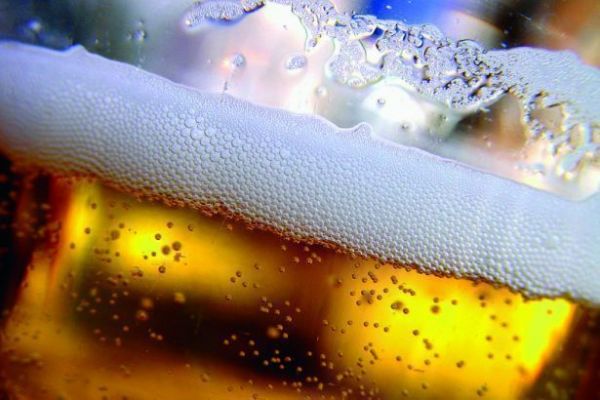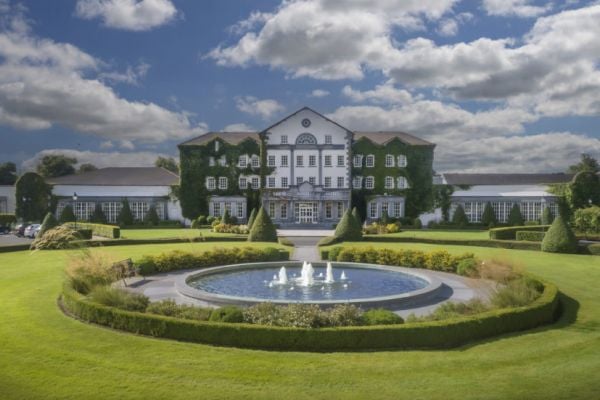Climate change will brew trouble for beer lovers in coming decades as it shrinks yields of barley, the top grain used to make the world's most popular alcoholic drink, a new study has said.
Extreme weather events featuring both heat waves and droughts will occur as often as every two or three years in the second half of the century if temperatures rise at current rates, the study said.
Average global barley yields during extreme events are expected to drop between 3 and 17%, depending on the conditions, said the study, published in the journal Nature Plants.
Shortages And Spikes
Less barley will mean beer shortages and price spikes. Under the hottest scenario, China will suffer the most shortages this century, followed by the United States, Germany, and Russia, it said.
Prices will spike the most in Ireland, Italy, Canada and Poland. During the extreme climate events, prices for a 500 milliliter bottle, slightly more than a pint, in Ireland will rise from about €2.20 to €4.35.
The study did not consider climate change's affects on other staple ingredients of beer such as hops.
Last year U.S. President Donald Trump announced his intention to pull the United States out of the 2015 Paris pact on climate, doubting the extent to which human activity is warming the planet.
Emergency Reserves
Many companies realise the risks of climate on barley, 17% of which is used to make beer. Many countries keep emergency reserves of staple crops such as corn, rice and wheat to stave off price spikes and shortages. But most do not do so for barley, making it vulnerable to climate.
Anheuser-Busch InBev Strategy
Anheuser-Busch InBev, the world’s biggest brewer, said this year it would cut its greenhouse gas emissions by a quarter by 2025.
Jess Newman, the head of US agronomy for Anheuser-Busch, said the company was experimenting with developing drought-resistant barley and working with farmers to reduce their need for water by, for example, encouraging them to place irrigation sprinklers closer to the ground.
"It's definitely an incremental process but we have many varieties in the pipeline," Newman said when asked how close the company was to breeding a drought-resistant barley in the United States. For several years, Anheuser-Busch has used a winter barley in Idaho that gets moisture from melting snow, cutting the need for irrigation.
News by Reuters, edited by Hospitality Ireland. Click subscribe to sign up for the Hospitality Ireland print edition.









